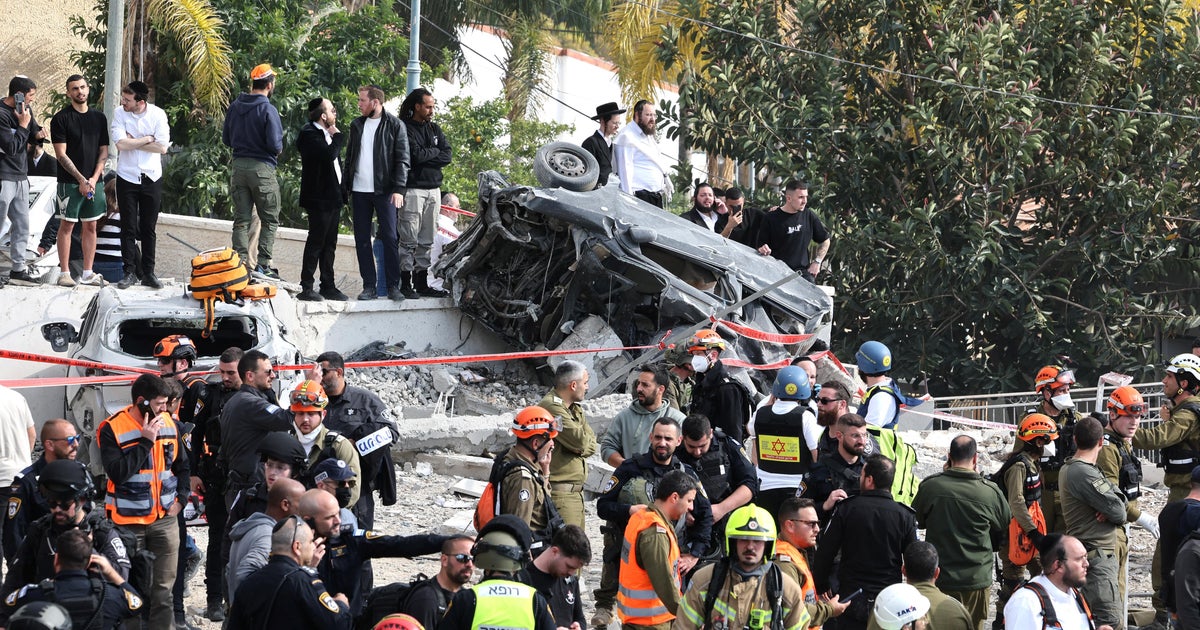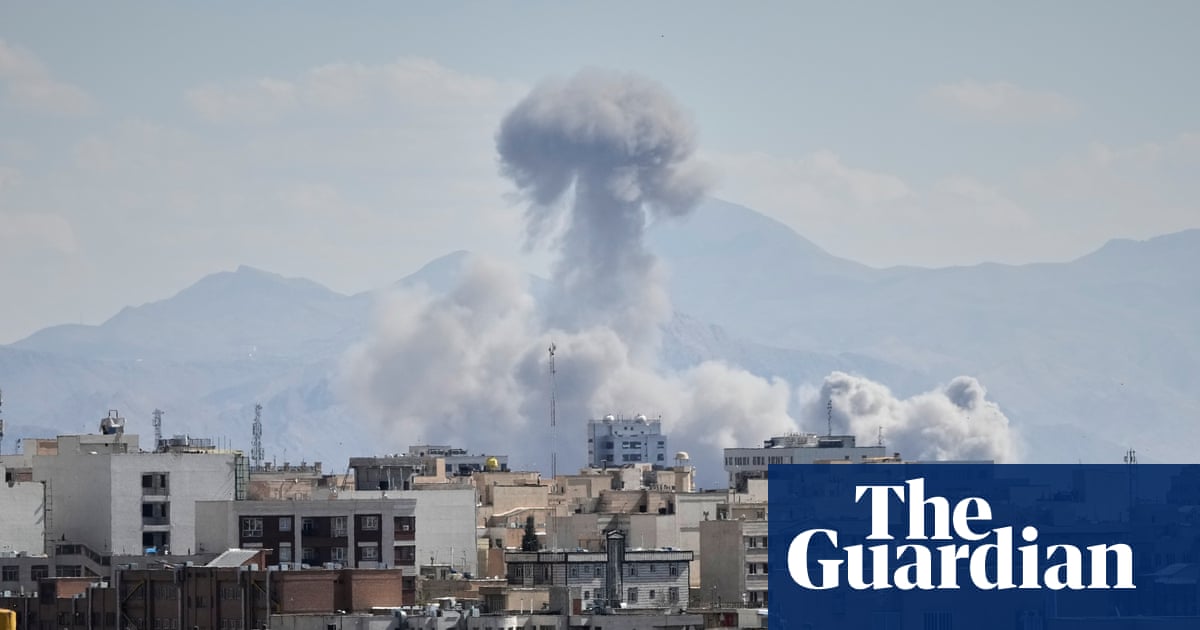- Investors brace for a bigger backlash from Middle East war Reuters
- How US-Israel attacks on Iran threaten the Strait of Hormuz, oil markets Al Jazeera
- Oil surges and stock futures sink after war in Iran disrupts crude supply CNN
- Oil jumps 10pc on…
IDF says ‘broad wave of strikes’ launched ‘in the heart of Tehran’
In a statement posted to social media, the Israel Defense Forces says it is now striking “targets” of the Iranian “regime in the heart of Tehran”.
“The Air Force, guided…



